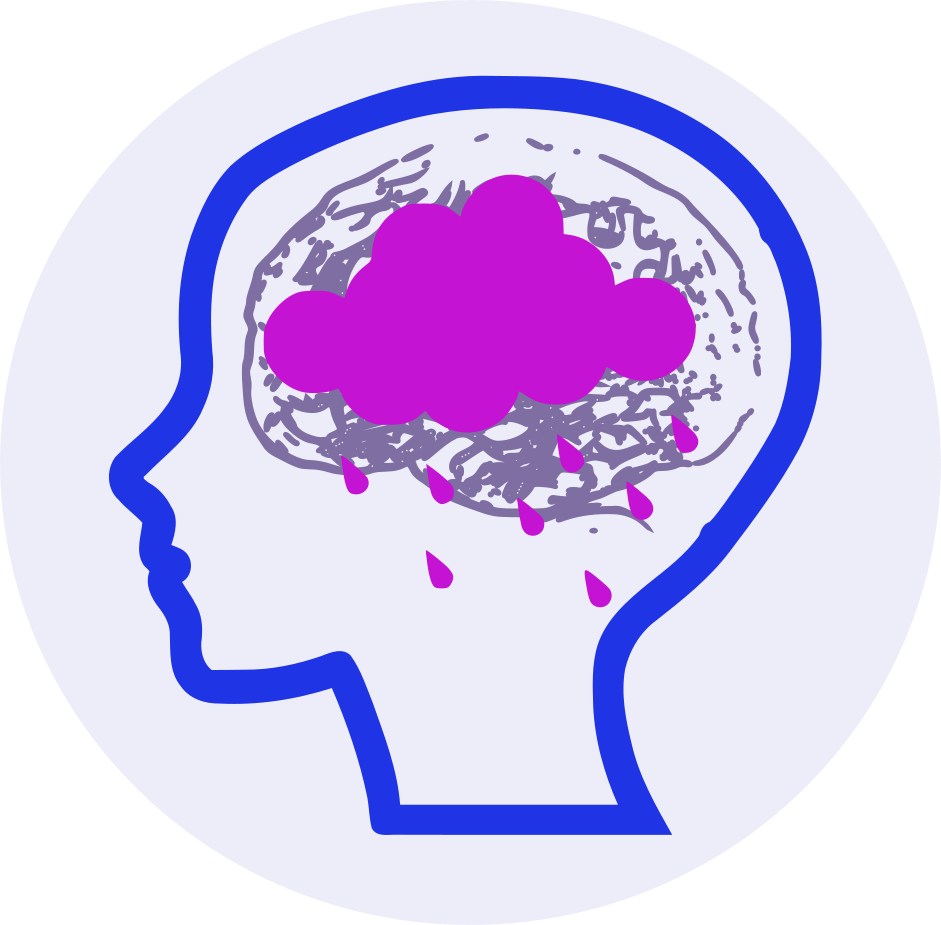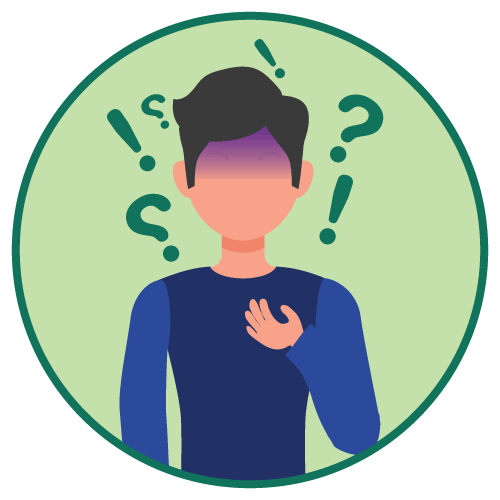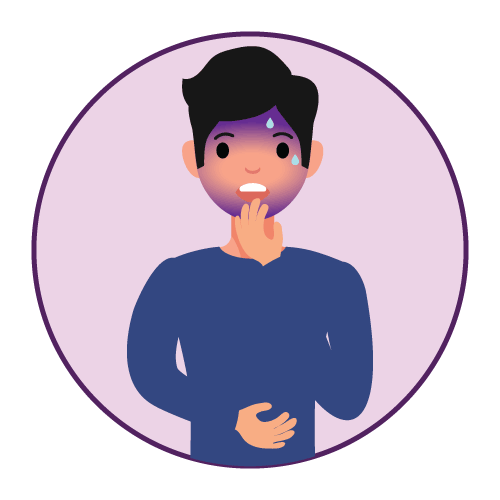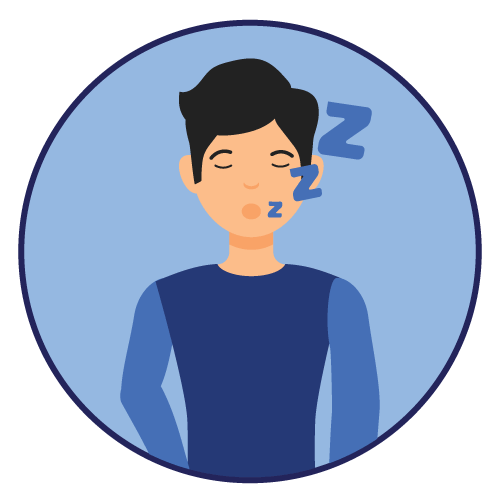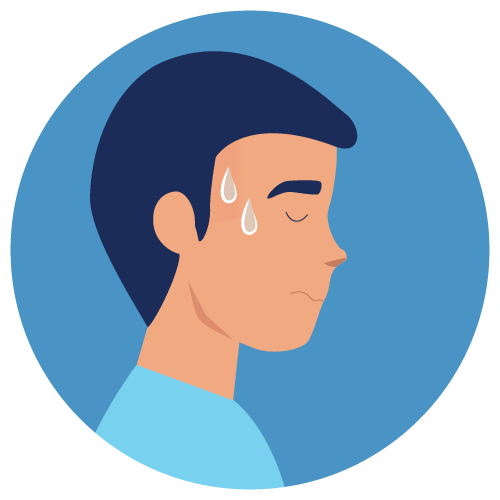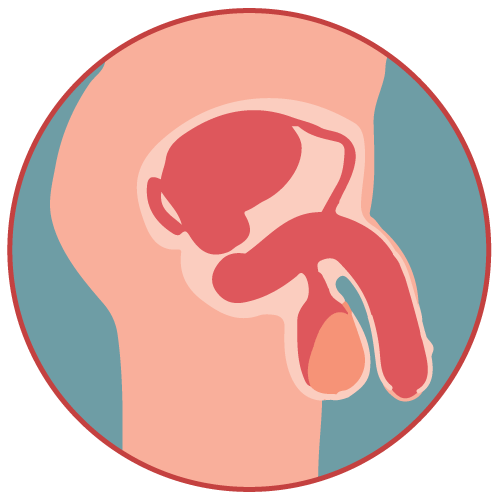| Name | Venlafaxine |
| Classes |
Central Nervous System Agent Psychotherapeutic Agent Serotonin Norepinephrine Reuptake Inhibitor (SNRI) |
| Diseases |
Anxiety CNS Disorder Depression Hot Flush Panic Attack Post Traumatic Stress |
Venlafaxine
Venlafaxine belongs to a class of drugs called the Serotonin-Norepinephrine Reuptake Inhibitors. These medications inhibit the reuptake of serotonin and norepinephrine increase their activity.
Venlafaxine indicated for the treatment of:
- Major Depressive Disorder (MDD)
- Generalized Anxiety Disorder (GAD)
- Social Anxiety Disorder (SAD)
- Panic Disorder (PD)
- Major Depressive Disorder (MDD): The recommended starting dose for prolonged-release venlafaxine is 75mg given once daily. Patients not responding to the initial 75 mg/day dose may benefit from dose increases up to a maximum dose of 375mg/day. Dosage increases can be made at intervals of 2 weeks or more. If clinically warranted due to symptom severity, dose increases can be made at more frequent intervals, but not less than 4 days.
- Generalized Anxiety Disorder: For most patients, the recommended starting dose for Venlafaxine (extended release) is 75 mg per day, administered in a single dose. For some patients, it may be desirable to start at 37.5 mg per day for 4 to 7 days to allow new patients to adjust to the medication before increasing to 75 mg per day.
- Social Anxiety Disorder (Social Phobia): The recommended dose is 75 mg per day, administered in a single dose. There was no evidence that higher doses confer any additional benefit.
- Panic Disorder: The recommended starting dose is 37.5 mg per day of Venlafaxine (extended release) for 7 days. Patients not responding to 75 mg per day may benefit from dose increases to a maximum of approximately 225 mg per day. Dose increases should be in increments of up to 75 mg per day, as needed, and should be made at intervals of not less than 7 days.
Most common adverse reactions associated with the use of venlafaxine include-
- nausea
- somnolence
- dry mouth
- sweating
- abnormal ejaculation
- anorexia
- constipation
- erectile dysfunction
- libido decreased
- Clinical Worsening/Suicide Risk: Increased risk of suicidal thinking and behavior in children, adolescents and young adults taking antidepressants. Monitor for worsening and emergence of suicidal thoughts and behaviors
- Serotonin Syndrome: Risk increases with concomitant use of other serotonergic drugs. Discontinue Venlafaxine and initiate supportive treatment if serotonin syndrome occurs.
- Elevations in Blood Pressure: Control hypertension before initiating treatment. Monitor blood pressure regularly during treatment
- Abnormal Bleeding: Venlafaxine may increase risk of bleeding events. Caution patients about the risk of bleeding associated with the concomitant use of Venlafaxine and NSAIDs, aspirin, or other drugs that affect coagulation
- Angle Closure Glaucoma: Angle closure glaucoma has occurred in patients with untreated anatomically narrow angles treated with antidepressants.
- Activation of Mania/Hypomania: Use cautiously in patients with bipolar disorder. Caution patients about the risk of activation of mania/hypomania
Contraindication
- Contraindicated in patients hypersensitive to any component of the medication.
- Contraindicated in patients hypersensitive to-
- Concomitant use with MAOIs is contraindicated.
-
None known.
None known.
 Bangla
Bangla English
English